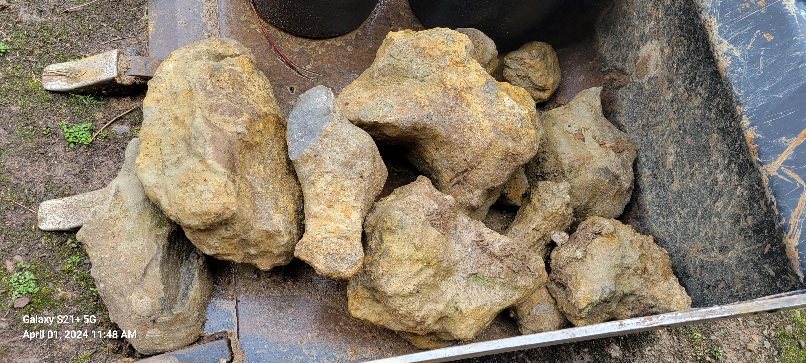| Author |
 Topic Search Topic Search  Topic Options Topic Options
|
Macon Rounds 
Orange Level

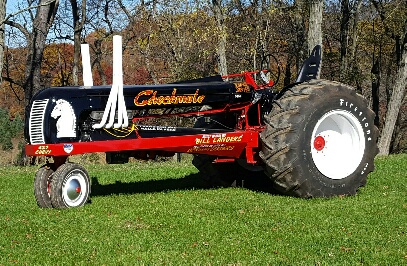
Joined: 18 Feb 2010
Location: Pittsburgh Pa
Points: 2147
|
 Post Options Post Options
 Thanks(0) Thanks(0)
 Quote Quote  Reply Reply
 Topic: Interesting rocks Topic: Interesting rocks
Posted: 29 Mar 2024 at 10:23pm |
|
Found these "A" typical rocks while digging out a spring.
Nerver saw these before on our farm.
Just this one time in a recent exivation of a spring.
Funny thing, where there is clay formations water bubbles up out of the ground.
I am capturing this water and plan to make spring development watering troughs.
|
|
The Allis "D" Series Tractors, Gravely Walk behind Tractors, Cowboy Action Shooting !!!!!!! And Checkmate
|
 |
|
Sponsored Links
|
|
 |
Macon Rounds 
Orange Level


Joined: 18 Feb 2010
Location: Pittsburgh Pa
Points: 2147
|
 Post Options Post Options
 Thanks(0) Thanks(0)
 Quote Quote  Reply Reply
 Posted: 29 Mar 2024 at 10:28pm Posted: 29 Mar 2024 at 10:28pm |
 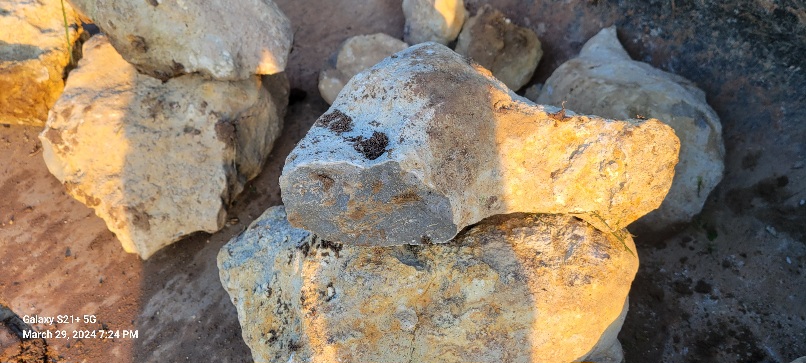 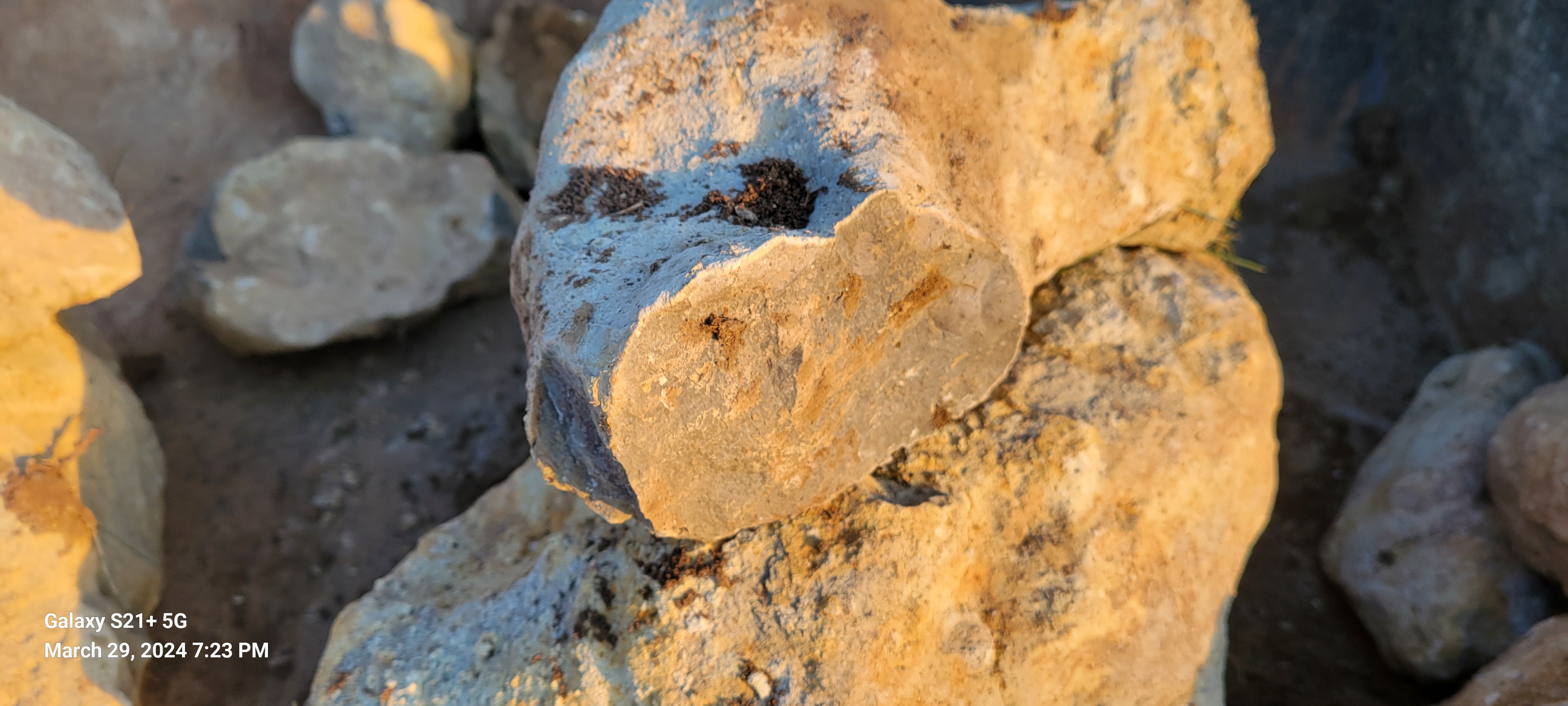 When the rocks are chiped or broken. The inside is a darker gray that seems to be encapsulated in a lighter brown coating. I would assume a volcanic revolution but NO where else have I seen these rocks. What's your thoughts ?
|
|
The Allis "D" Series Tractors, Gravely Walk behind Tractors, Cowboy Action Shooting !!!!!!! And Checkmate
|
 |
wjohn 
Orange Level


Joined: 19 Jan 2010
Location: KS
Points: 1998
|
 Post Options Post Options
 Thanks(0) Thanks(0)
 Quote Quote  Reply Reply
 Posted: 29 Mar 2024 at 11:16pm Posted: 29 Mar 2024 at 11:16pm |
|
I am not familiar with the geology in your area, but that looks a lot like limestone.
|
|
1939 B, 1940 B, 1941 WC, 1951 WD, 1952 CA, 1956 WD-45
|
 |
allisorange 
Silver Level


Joined: 27 Mar 2010
Location: perkins, michig
Points: 381
|
 Post Options Post Options
 Thanks(0) Thanks(0)
 Quote Quote  Reply Reply
 Posted: 30 Mar 2024 at 8:04am Posted: 30 Mar 2024 at 8:04am |
Looks like limestone to me also. Have lots of it in are area.
J.Carlson
|
 |
Kenny L. 
Orange Level Access


Joined: 12 Sep 2009
Location: NEIOWA
Points: 1275
|
 Post Options Post Options
 Thanks(0) Thanks(0)
 Quote Quote  Reply Reply
 Posted: 30 Mar 2024 at 8:21am Posted: 30 Mar 2024 at 8:21am |
|
It's limestone and with not seeing it in person I'm guessing it is what we call cap rock in Iowa.
|
 |
Ky.Allis 
Orange Level


Joined: 31 Jan 2010
Location: Kentucky
Points: 1003
|
 Post Options Post Options
 Thanks(0) Thanks(0)
 Quote Quote  Reply Reply
 Posted: 30 Mar 2024 at 12:58pm Posted: 30 Mar 2024 at 12:58pm |
|
We always called them sex stones if we had to pick them up out of a field.
|
 |
Lars(wi) 
Orange Level Access


Joined: 14 Sep 2009
Location: Permian Basin
Points: 7259
|
 Post Options Post Options
 Thanks(0) Thanks(0)
 Quote Quote  Reply Reply
 Posted: 30 Mar 2024 at 1:13pm Posted: 30 Mar 2024 at 1:13pm |
|
Any evidence of the CCC doing any work on your property back in the 1930’s? They may have hauled in that rock, buried it in your ravines.
|
|
I tried to follow the science, but it was not there. I then followed the money, and that’s where I found the science.
|
 |
Brian G. NY 
Orange Level


Joined: 12 Sep 2009
Location: 12194
Points: 2242
|
 Post Options Post Options
 Thanks(0) Thanks(0)
 Quote Quote  Reply Reply
 Posted: 30 Mar 2024 at 4:00pm Posted: 30 Mar 2024 at 4:00pm |
Is the dark part very hard with a smooth glasslike surface? If so, it may be chirt or flint. You may be able to strike it with a piece of steel and get sparks. The better quality stuff was used to make arrow heads and other tools by the ancients. I ran across a vein of it when a heavy rain washed out an old log road on my property here in the Western Catskills of New York. |
 |
Macon Rounds 
Orange Level


Joined: 18 Feb 2010
Location: Pittsburgh Pa
Points: 2147
|
 Post Options Post Options
 Thanks(0) Thanks(0)
 Quote Quote  Reply Reply
 Posted: 30 Mar 2024 at 7:35pm Posted: 30 Mar 2024 at 7:35pm |
|
We don't have limestone in our area.....
Not that the good lord didn't drop some on our farm but I will investigate more.....
|
|
The Allis "D" Series Tractors, Gravely Walk behind Tractors, Cowboy Action Shooting !!!!!!! And Checkmate
|
 |
Brian G. NY 
Orange Level


Joined: 12 Sep 2009
Location: 12194
Points: 2242
|
 Post Options Post Options
 Thanks(0) Thanks(0)
 Quote Quote  Reply Reply
 Posted: 30 Mar 2024 at 9:21pm Posted: 30 Mar 2024 at 9:21pm |
|
And.....you might want to "investigate" chirt as well. J M H O
|
 |
jvin248 
Silver Level


Joined: 17 Jan 2022
Location: Detroit
Points: 331
|
 Post Options Post Options
 Thanks(0) Thanks(0)
 Quote Quote  Reply Reply
 Posted: 30 Mar 2024 at 10:16pm Posted: 30 Mar 2024 at 10:16pm |
.
Looks like common limestone.
If it's flint/chert it will break and feel like oily glass.
You could sell flint/chert online. I paid a mint for some recently (long hobby since a kid).
This is a great channel. He has a video on finding rocks to start with.
.
Edited by jvin248 - 30 Mar 2024 at 10:17pm
|
 |
Brian G. NY 
Orange Level


Joined: 12 Sep 2009
Location: 12194
Points: 2242
|
 Post Options Post Options
 Thanks(0) Thanks(0)
 Quote Quote  Reply Reply
 Posted: 31 Mar 2024 at 11:42am Posted: 31 Mar 2024 at 11:42am |
The first picture is your rock, the other two are mine. I think you can see some similarity although the dark portion on mine appears smoother. On mine the dark part is very hard and very smooth yet similar in color to yours. The Chert/Flint is sort of encapsulated in the softer brown material. When my brother and I ran across these when we were kids we called them dinosaur bones because the brown part sorta has the texture and color of old bones. As I said, a few years ago I found a "vein" of this stuff after a flood washed out one of my old log roads.
  
|
 |
DaveKamp 
Orange Level Access

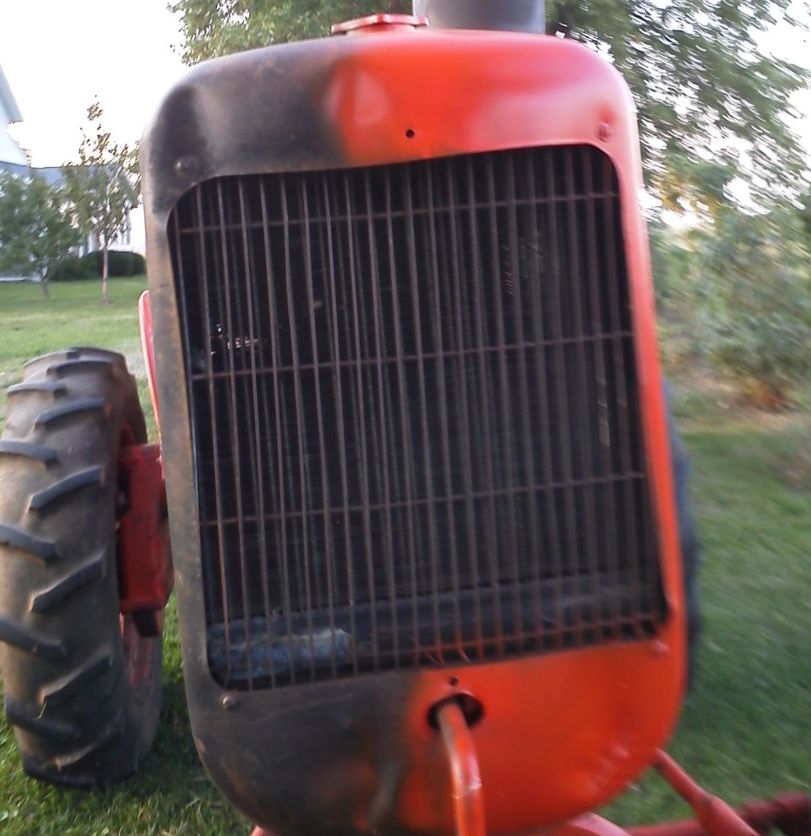
Joined: 12 Apr 2010
Location: LeClaire, Ia
Points: 5756
|
 Post Options Post Options
 Thanks(0) Thanks(0)
 Quote Quote  Reply Reply
 Posted: 31 Mar 2024 at 6:52pm Posted: 31 Mar 2024 at 6:52pm |
Rocks are formed as a result of materials being compressed together, and chemically binding from any number of circumstances.
There's three basic types of rocks:
Sedimentary, Igneous, Metamorphic
Sedimentary are just as they sound- the result of water and wind distributing surface accumulation of material, then pressure and chemistry binding the soil contents together. The indicator of a sedimentary rock, is layeriing, and the general ease at which it can be broken into layers and dust. Limestone and sandstone are the most common examples, formed from clay. Chirt is a type of limestone where biological organisms's decay leaves behind exoskeletal remains that form a high content of particular patterns of metals like calcium, phosphorus, pottasium, silica, iron....
Igneious rocks are magmatic- formed by intense heat and pressure... and usually when this happens, there's lots of things that simply don't appear because, at that temp and pressure, the other stuff simply cannot stick around... it gets 'boiled out. Igneous includes more iron and silica... with smaller components of sedimentary source to form basalt, granite, mica and quartz, flint, feldspar... and if it happens to be infused with gasses that expand as it freezes, it'll form abrasive crystalline structures like pumice, ash, and stuff.
Metamorphic is what you get when sedimentary rock is subjected to high enough pressure and temperature to melt, but not flow. It gets patterns and layers, but it doesn't easily break apart, because it has interfused itself. Slate, marble and quartzite are the metamorphics most people come across regularly.
|
|
Ten Amendments, Ten Commandments, and one Golden Rule solve most every problem. Citrus hand-cleaner with Pumice does the rest.
|
 |
Brian G. NY 
Orange Level


Joined: 12 Sep 2009
Location: 12194
Points: 2242
|
 Post Options Post Options
 Thanks(0) Thanks(0)
 Quote Quote  Reply Reply
 Posted: 31 Mar 2024 at 9:03pm Posted: 31 Mar 2024 at 9:03pm |
|
So Dave, in your comsidered opinion, which type of rocks do Macon and I have?
|
 |
Macon Rounds 
Orange Level


Joined: 18 Feb 2010
Location: Pittsburgh Pa
Points: 2147
|
 Post Options Post Options
 Thanks(0) Thanks(0)
 Quote Quote  Reply Reply
 Posted: 01 Apr 2024 at 11:14am Posted: 01 Apr 2024 at 11:14am |
|
|
|
The Allis "D" Series Tractors, Gravely Walk behind Tractors, Cowboy Action Shooting !!!!!!! And Checkmate
|
 |
Brian G. NY 
Orange Level


Joined: 12 Sep 2009
Location: 12194
Points: 2242
|
 Post Options Post Options
 Thanks(0) Thanks(0)
 Quote Quote  Reply Reply
 Posted: 01 Apr 2024 at 3:32pm Posted: 01 Apr 2024 at 3:32pm |
Your closeup pictures make it clear your rocks are different. They do not have the smooth glasslikefeatures that mine have. Don't know what they could be.
|
 |
Macon Rounds 
Orange Level


Joined: 18 Feb 2010
Location: Pittsburgh Pa
Points: 2147
|
 Post Options Post Options
 Thanks(0) Thanks(0)
 Quote Quote  Reply Reply
 Posted: 01 Apr 2024 at 6:09pm Posted: 01 Apr 2024 at 6:09pm |
Found 2 more larger ones today in another spring about 100 yards away from current spring development.... These rocks always seem to be around gray soupy clay. . Google lens cannot identify them . 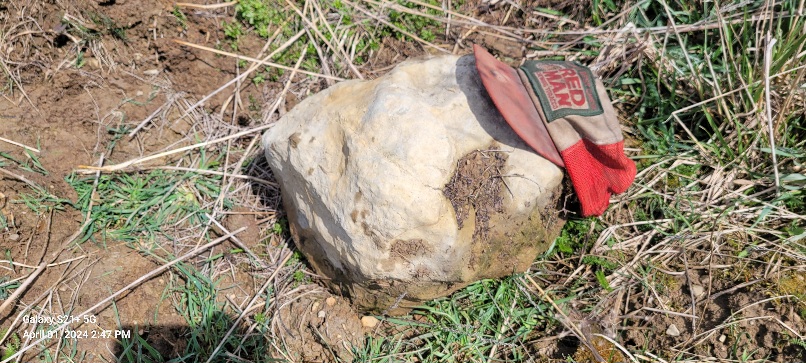
Edited by Macon Rounds - 01 Apr 2024 at 9:03pm
|
|
The Allis "D" Series Tractors, Gravely Walk behind Tractors, Cowboy Action Shooting !!!!!!! And Checkmate
|
 |
Ray54 
Orange Level Access

Joined: 22 Nov 2009
Location: Paso Robles, Ca
Points: 4552
|
 Post Options Post Options
 Thanks(0) Thanks(0)
 Quote Quote  Reply Reply
 Posted: 02 Apr 2024 at 11:31am Posted: 02 Apr 2024 at 11:31am |
I have some rocks just like Brian is showing. I know nothing about how to identify rocks. I just know this area is a geologic abnormally, in that things are very strange here. Things that don't normally show up in the same area can be found here. But the meeting of tetrionic plates (San Andrus Fault) and volcanic activity mixed things up a lot.
My property is in a limestone area, but several bits of sandstone pushed up into the limestone. I have been told more soil types in my county than most midwestern states.
|
 |
Scott B 
Orange Level

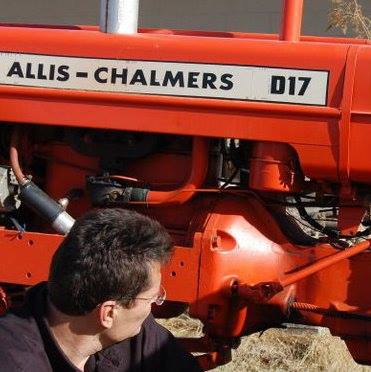
Joined: 14 Sep 2013
Location: Kansas City
Points: 1031
|
 Post Options Post Options
 Thanks(0) Thanks(0)
 Quote Quote  Reply Reply
 Posted: 02 Apr 2024 at 2:09pm Posted: 02 Apr 2024 at 2:09pm |
|
Sure looks like limestone which is prevalent throughout Missouri, Kansas, etc. Might be sandstone. Would also seem to align with your spring....water would flow more easily through sandstone/limestone vs. less porous granite, etc. Might explain why the water chose to "bubble up" where it did.
|
|
D17 Series 1
Allis B- 1939
Allis B- 1945
|
 |
Coke-in-MN 
Orange Level Access

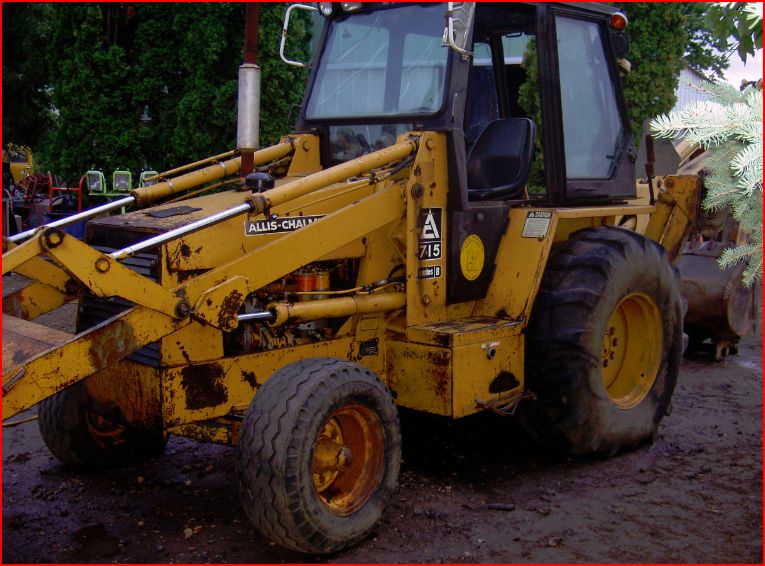
Joined: 12 Sep 2009
Location: Afton MN
Points: 41614
|
 Post Options Post Options
 Thanks(0) Thanks(0)
 Quote Quote  Reply Reply
 Posted: 02 Apr 2024 at 2:53pm Posted: 02 Apr 2024 at 2:53pm |
|
Seems one way to tell composition was a scratch test of base material , finding which material is harder - base or the stone used to scratch it .
Had to take a geology class when i did the Building Inspection classes - but the terms that were used and system was different that classes I had for Waste Water license .
USDA was one and dang if I haven't slipped my mind on the other
|
|
Faith isn't a jump in the dark. It is a walk in the light. Faith is not guessing; it is knowing something.
"Challenges are what make life interesting; overcoming them is what makes life meaningful."
|
 |









 Topic Options
Topic Options


 Post Options
Post Options Thanks(0)
Thanks(0)













